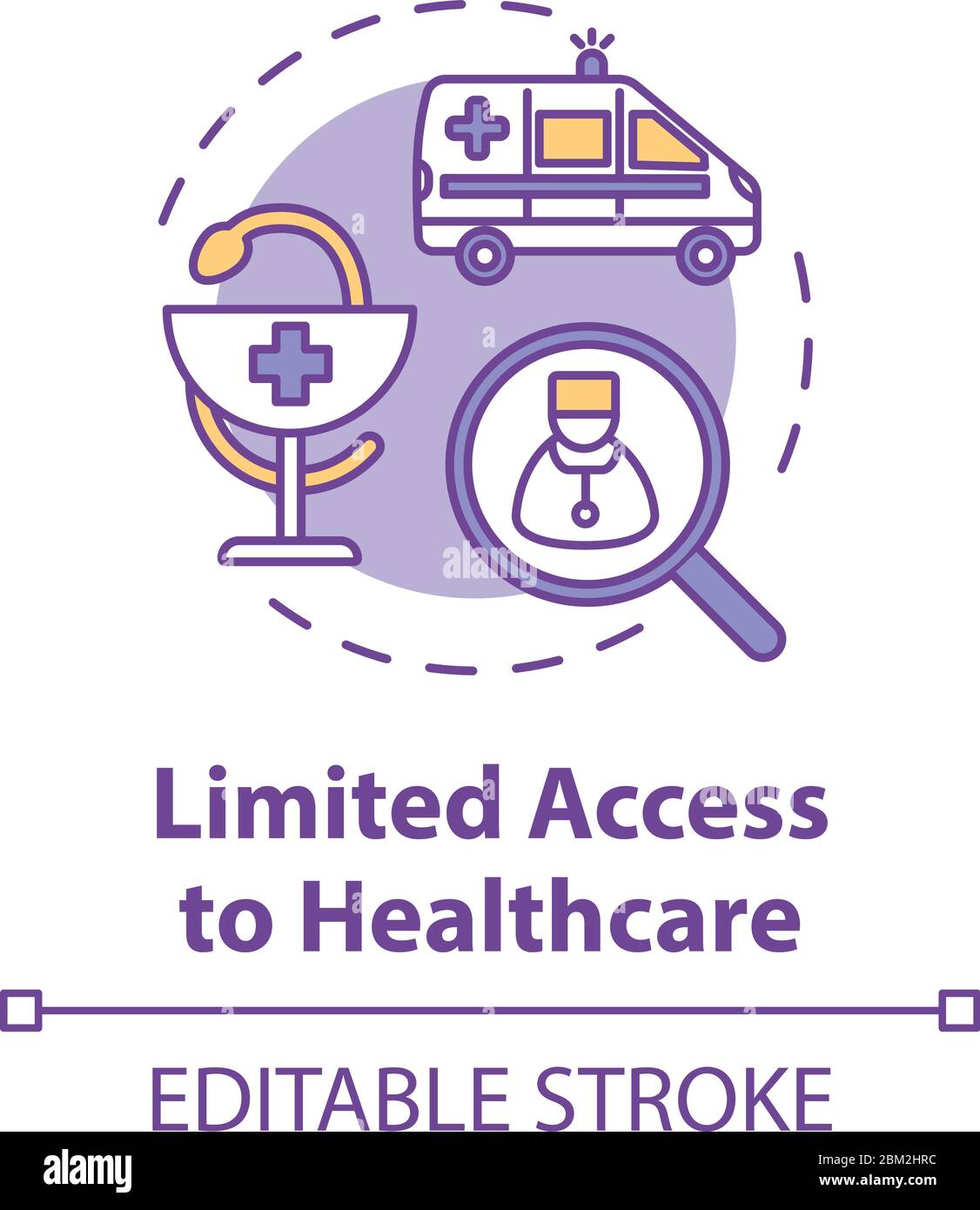
For many years, I held the belief that the most exceptional clinicians were those who kept pushing forward. We took on additional shifts, neglected meals, filled out charts late into the night, and wore our weariness as a sign of pride. My patients were satisfied, my peers respected my dedication, and I was gradually unraveling.
The gradual descent into burnout
Burnout didn’t come crashing down; it silently seeped in like a persistent hum in the background. I started to fear the vibration of my pager. Charting seemed never-ending. The empathy I once shared effortlessly became an act of will. Still, I convinced myself that enduring was part of being a true professional.
Then came the night when everything changed. Following a 14-hour shift, I found myself rereading the same medication order three times. I wasn’t fatigued; I was disengaged. For the first time, I understood that physically showing up wasn’t synonymous with being mentally present.
The illusion of perpetual availability
Medicine rewards being available. Be reachable. Be adaptable. Agree to everything. But relentless availability depletes the focus essential for providing safe and humane care. Upon honest reflection, I recognized how the demand to “always say yes” had robbed me of sleep, attention, and authentic connection with my patients. I had dedicated years to honing my skills, yet I hadn’t figured out how to safeguard the energy that fuels that expertise.
Establishing the boundary
The pivotal moment wasn’t anything grand; it was simply a quiet choice on a Sunday morning. I opened my planner, drew a red line through every “optional” extra shift, and penned a straightforward rule at the top: “If it’s not urgent and I’m not on, I won’t check in.” That one sentence became my first true boundary. I shared it with colleagues, supervisors, and even patients who occasionally reached out after hours. Most honored it. Those few who didn’t quickly discovered that I responded more effectively and promptly during actual work hours.
The transformation
Within weeks, my focus sharpened. I started to listen, truly listen, to patients once more. My notes became shorter yet more precise. My sense of humor resurfaced. The exhaustion didn’t disappear, but it no longer controlled me. The surprising outcome? My patients perceived the change. One remarked, “You seem different, calmer.” Another stated, “You actually look rested.” Those small remarks validated what research now confirms: Clinician wellbeing directly influences patient outcomes.
Insights I wish I had grasped sooner
– **A healthy boundary is not neglect:** Declining after-hours requests isn’t selfish; it preserves the ability to offer your best during the critical hours.
– **Boundaries demonstrate professionalism for future generations:** Trainees imitate what we normalize. When senior staff exhibit exhaustion as commitment proof, we foster an unhealthy standard. Teaching boundaries promotes sustainability.
– **Minor systemic changes start with personal adjustments:** Institutional change requires time. However, cultural shifts occur when individuals quietly adopt new norms. Each clinician who safeguards rest normalizes wellness as an integral part of excellence.
– **Communication prevents boundaries from being perceived as barriers:** Transparency is key. I began adding this line in follow-up emails: “If you require urgent assistance after clinic hours, please call the main line; another clinician is always available.” It comforted patients while maintaining my limits.
– **Recovery necessitates deliberate practice:** The first week felt strange; I instinctively reached for my phone out of habit. Yet, rest is a skill like any other: Regular practice transforms it into a rhythm.
From boundary to equilibrium
Boundaries not only salvaged my career; they transformed how I view service. Genuine commitment is not quantified by hours worked but by the presence offered. When clinicians guard time to reflect, rest, and reconnect, medicine regains its humanity, and so do we. Now, when trainees inquire about “avoiding burnout,” I refrain from sharing wellness mantras. I tell them: “Begin by determining when your day ends. That’s where your energy starts.”
That line, simple and somewhat assertive, is the reason I continue to practice with purpose.
Emmanuel Chilengwe is a biomedical science student in Zambia.